A CS Degree Won’t Save You (And What Will)
Everyone's having the same panic about AI taking jobs. But I promise, you're worrying about the wrong stuff.
I spend an unfortunate amount of time on LinkedIn, and recently I saw a post from a computer science graduate named Sam* (not real name, lol) with a shiny degree from a good uni, lamenting how he bombed an interview.
He said the feedback was because he couldn't explain a technical concept to a non-technical stakeholder. He could code (phew, $70K not a total waste), but he hadn’t practised (or maybe didn’t know) how to communicate, problem-solve, or think about the business impact of their work.
That’s shit for Sam, sorry that happened if you’re reading – but, it’s a tale as old as time. In my last role, we saw this frequently. Sarah* (😉), a former retail manager – could land a similar role as the one Sam missed out on. Her secret weapon is five years of dealing with angry customers demanding her attention, managing competing priorities, and translating complex problems into simple solutions. AND THEN she'd learned to code.
The secret of the AI revolution isn't that computers are getting smarter. I’ve seen Bladerunner, I know.
It's that the jobs that survive, or emerge - require the most human skills - creativity, empathy, communication, and critical thinking. These aren't "soft skills" (genuinely no idea why they got named that in the first place so thankfully they’re on the way out) anymore. They're the hardest skills to replicate.
Here's what's actually happening in the job market from what I can see:
Growing fast: Roles that combine technical skills with human judgment - data analysts who can tell stories, developers who can talk to clients, project managers who understand both tech and people.
Shrinking fast: Pure technical roles that don't require human interaction (think hoodie, dark room, 2L coca cola) - code that writes itself, basic data entry, routine analysis.
The sweet spot: Customer service experience. I know it sounds leftfield, but hear me out. Customer service teaches you to understand user needs, solve problems under pressure, and communicate complex ideas simply. These are the exact skills that AI can't replicate, and tech companies desperately need.
Every successful career changer I've worked with had one thing in common: they leveraged their non-technical background like a superpower. The hotel manager who became a UX designer because she understood customer experience. The teacher who became a solution architect because she knew how to break down complex concepts. The accountant who became a data scientist because she could spot patterns and tell a story that had business impact.
Your competition isn't other career changers or fresh graduates. It's people who can bridge the gap between human needs and technical solutions. And if you've spent years in a customer-facing role, dealing with real problems for real people, you're probably already ahead.
The companies winning in the AI era aren't just buying better technology. They're hiring people who can make that technology work for humans. They need translators, not just coders.
Stop apologising for not having a Computer Science degree. Start seeing it as your competitive advantage.
Want to know which of your current skills are actually future-proof? Send me a message and tell me your current role - I'll give you an honest assessment.

